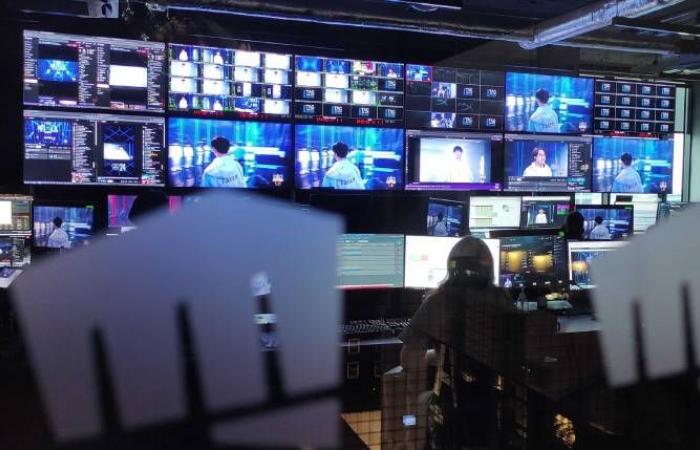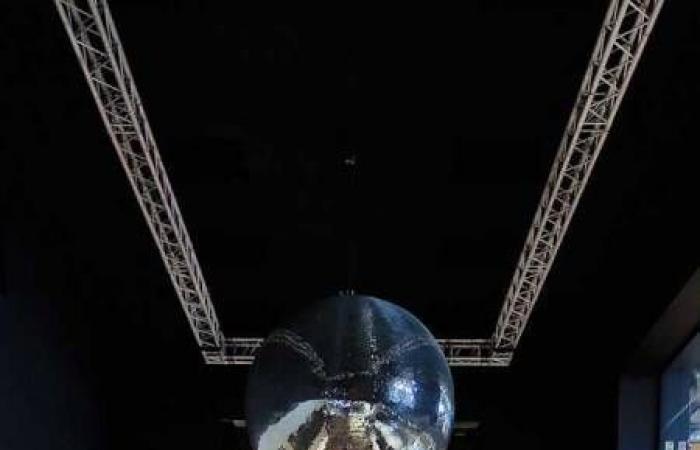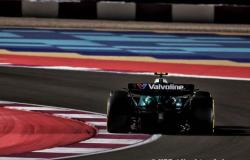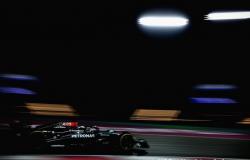View inside the TOC at Riot Games’ Dublin RBC for the League of Legends Championships Final 2024
Riot Games is all about meeting the fans where they are and creating a superior level of experience for those fans, whether they are dedicated obsessives of League of Legends or just peaking into a stream to see what is going on. At the League of Legends World Championship Finals 2024 in London on 2 November, Korea’s T1 defeated China’s BLG. We caught up with Riot Games’ Sam Kordower Chaimson, senior manager of broadcast production, and executive broadcast producer for the Worlds, to discuss how esports has disrupted and influenced traditional live sports broadcasting, and how it is moving the fan experience forwards.
Do you think you’ve disrupted regular live sports broadcasts over the last few years, because you’re using and doing cutting-edge stuff and the amount of money you’re spending as well is pretty phenomenal?
SKC: I think obviously we draw a lot from traditional sports, and I am sure that folks are looking at us for the tech obviously, because we do some pretty cool things on that front. But I think ultimately what you’re seeing a lot in the [sports broadcast] industry now is the storytelling is starting to learn from esports and more traditional video game mediums.
Read more Tech-eye view: Inside the epic remote production for Riot Games’ League of Legends World Championships Finals 2024
You see now that the MLB, the NFL and a number of other major leagues around the world as well as for traditional events, are doing alternative broadcasts using alternative technologies or alternative storytelling. I think of the KayRod cast for baseball, with Michael Kay and Alex Rodriguez sitting around shooting the shit, talking about baseball, while a game is happening; sounds a whole lot like a Twitch stream to me, a whole lot like a streamer experience to me. And that’s something gamers have been doing for a really long time.
Riot Games Dublin staff at its Remote Broadcast Centre watch last weekend’s League of Legends Championships Final 2024
How do you plug into where and how your viewers are engaging with you?
SKC: I think traditional sports and traditional media are starting to clue into the fact that fans have different ways of engaging and at Riot we think it’s worthwhile to support all those fans, wherever they are. Whether they’re watching a more traditional sport editorial broadcast like some of our main language feeds using our traditional broadcast apparatuses, or they’re watching one of our co-streamers, or they’re watching in another language using a broadcaster that may have a little bit more irreverent content, fans are choosing to engage with our sport in the way they engage with everything else.
So we’ve rolled out over the last year a vertical feed, so we also produce a vertical world feed, which is a separate product designed for a 9:16 format. It’s been in development for a good while longer than a year, but we’ve started using it on our major events over the last year and offering it as a world feed over the past couple of years after starting it only as a first party product.
Read more Producer-eye view: Getting the lowdown on the League of Legends World Championships Finals 2024
We’ve seen that take off in a number of parts of the world where the viewership not only is trending towards mobile rather than desktop or traditional set top box, but towards alternative formats like 9:16. So we’re seeing not only TikTok of course, which is the obvious one, really grow in popularity, but people watching vertically on YouTube via YouTube shorts – we’ve seen a huge explosion in East Asia on that – as well as other platforms that are leaning into 9:16 like Instagram Live, etc. And that comes down to just meeting fans where they are, not just saying, “hey, you have to watch our sport and enjoy our sport in the old school sports way that’s appropriate for some viewers”. We love that kind of storytelling, but we want to meet fans where they are.
What we do at Riot is about serving a core fan experience. And so it’s about tailoring our content to resonate with them and to reward them and to validate their passion for what we do, rather than a build it and they will come approach where we just sit in the mountain and say, “this is what League of Legends is”, because it’s never been that case with how we develop the game.
What always blows my mind about esports is the scale of what you have to capture, the number of things you’re trying to well capture, but then to tell a story. So with the scale of this final, what are the challenges for you in doing this and how do you get the end result without crying?
SKC: Oh, there are tears! Don’t worry, mostly tears of joy. To me, the unique advantage and the unique emotional hook of esports is how relatable it is. I’m never going to throw a 90 mile an hour fastball. I’m never going to make a buzzer-beater, half court shot. I’m never going to drive an F1 car in my life. I’m not going to understand what those experiences are like. But when I see a big play in League of Legends, when Faker [Lee “Faker” Sang-hyeok] makes an incredible play or we see Bin [Chen “Bin” Zebin] dominate his opponent, those are experiences I have had in the game one-to-one, maybe not with as much technical mastery of course, but it’s something that really resonates with me as a player. I feel it in my soul because I’ve been there. I’ve had that similar heartbreak on the same field of battle, on the same court, the same pitch, the same scenario.
And so it’s about marrying that hyper empathetic, hyper real personal experience with the spectacle of a top tier sporting event. I don’t think we lean too much into adhering to traditional editorial practises intentionally, but it’s about marrying the two. You obviously have natural advantages. A big venue is pretty and beautiful and exciting, but it’s also a unique time to showcase our amazing community and our fans. It’s about celebrating the people around you that play the game. It’s about celebrating that comradery and those shared experiences we have, and that’s really special.
The challenge I think is bridging the gap editorially between the highest level of gameplay, but as well as the empathy we have for those players, the feelings that we share, the experiences that we know, and also celebrating the fact that we’re in a world-class venue surrounded by people that are just as excited as we are. And that’s a really special thing that we try to capture, that we try to convey to fans around the world to make that kind of pseudo monocultural moment within esports and within the Riot Games sphere and beyond.
The challenge is bridging those gaps, but at the same time it lends itself to a really unique experience. And of course, bringing in things like musical artists for our opening ceremony, working with creative partners on beautiful content, beautiful stage craft, and bringing in that cultural element as well. It’s kind of a perfect storm of all of these unique opportunities to reach people where they are and to give them a cultural and emotional experience where they feel seen and they feel like they’re part of a community. And that’s really important. At least that’s what drew me to esports in the beginning anyway.







